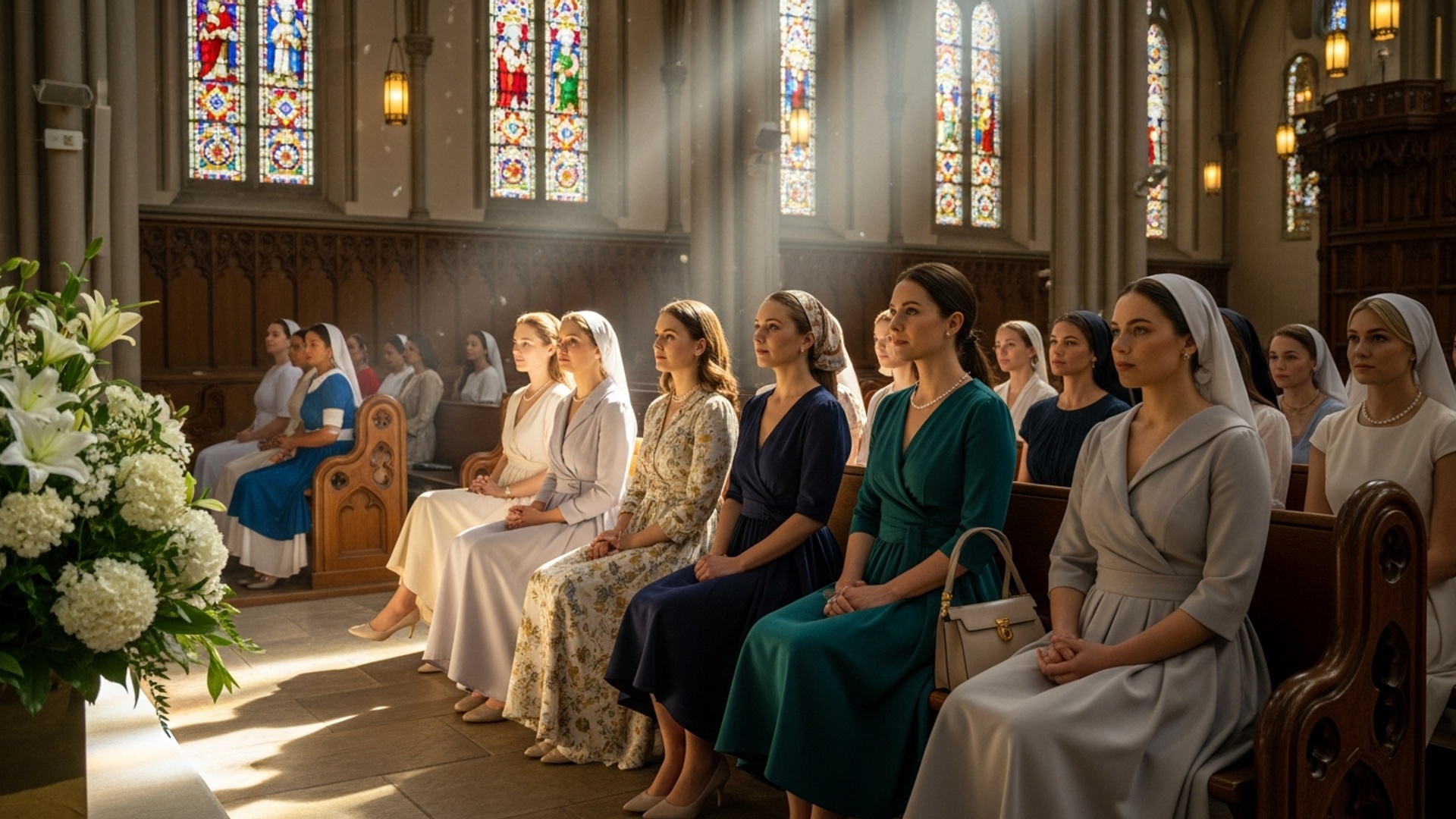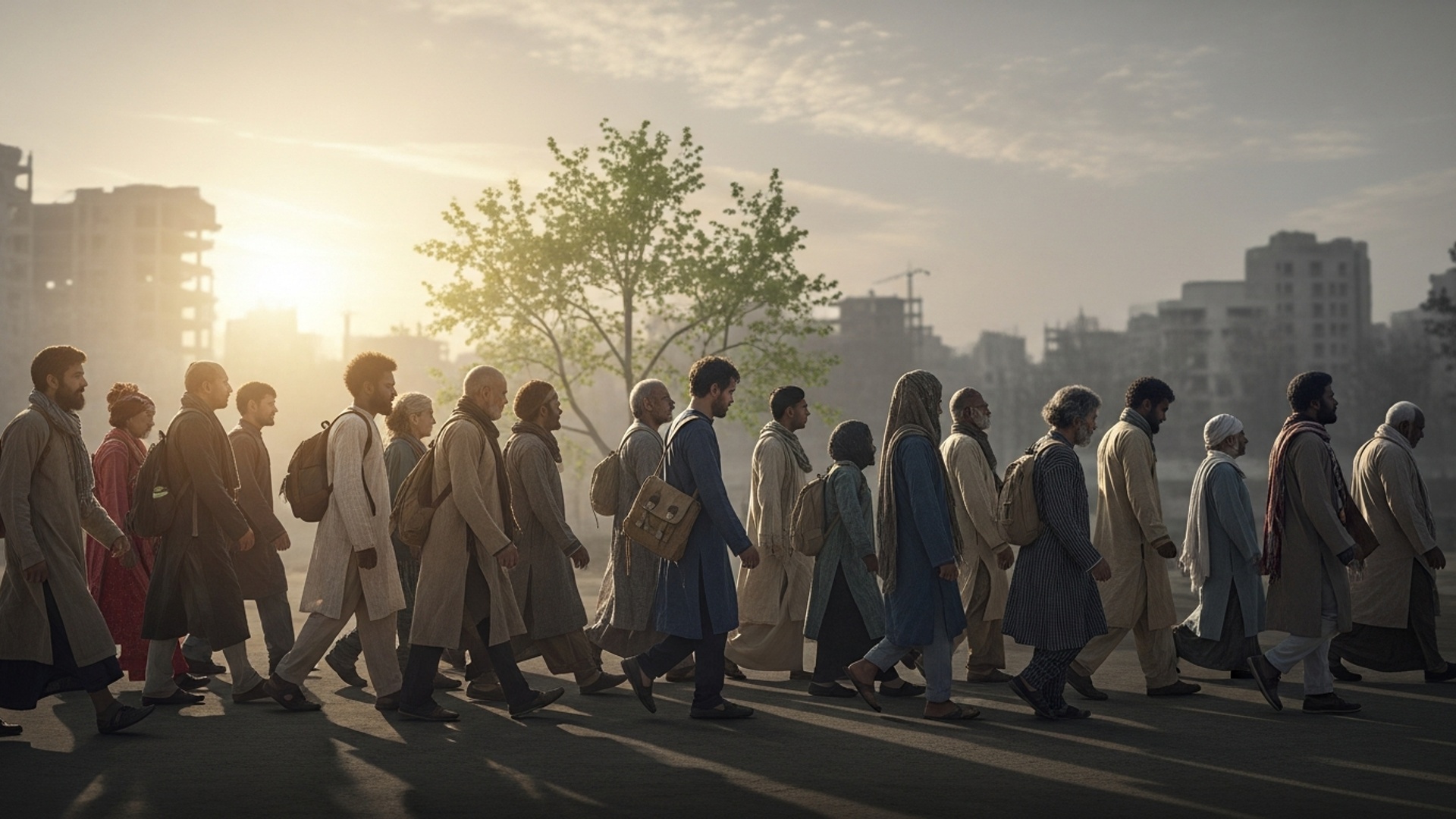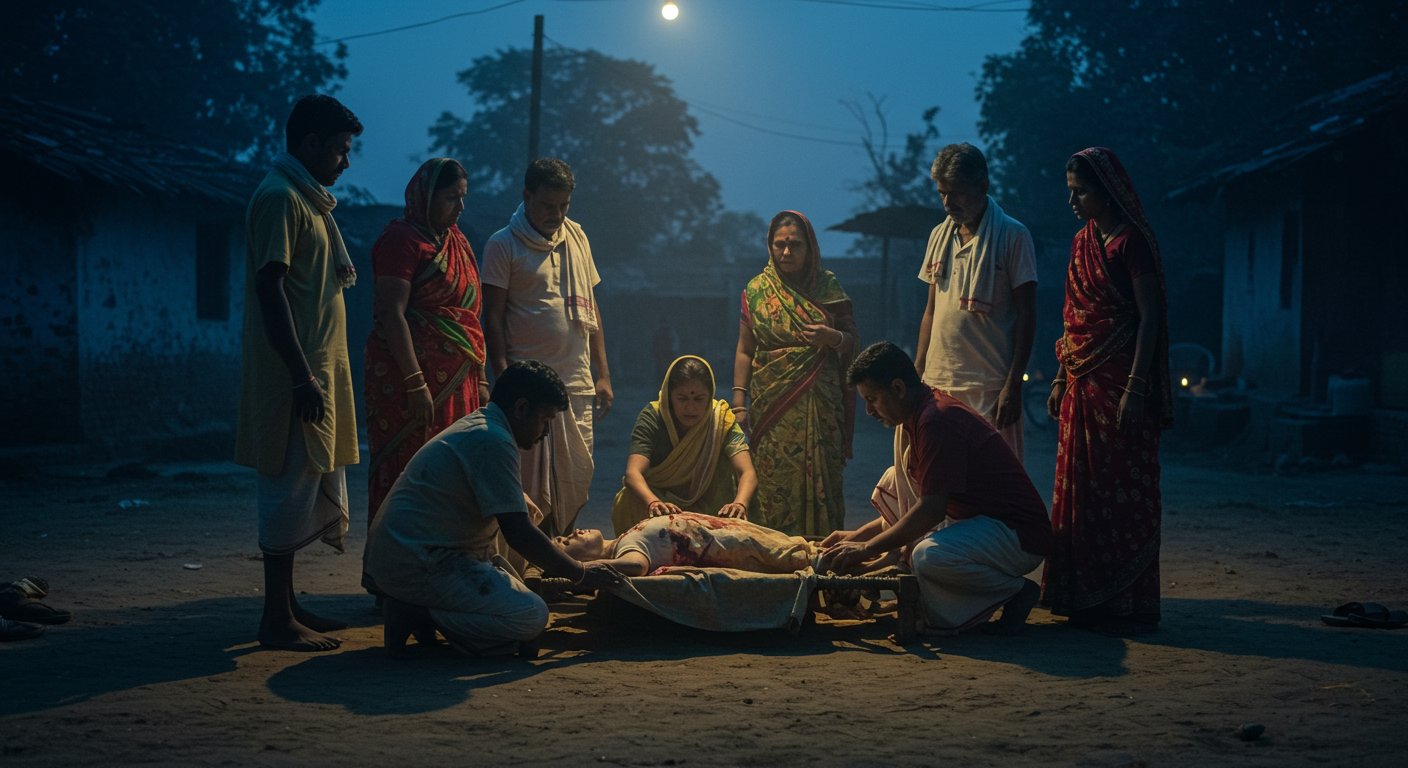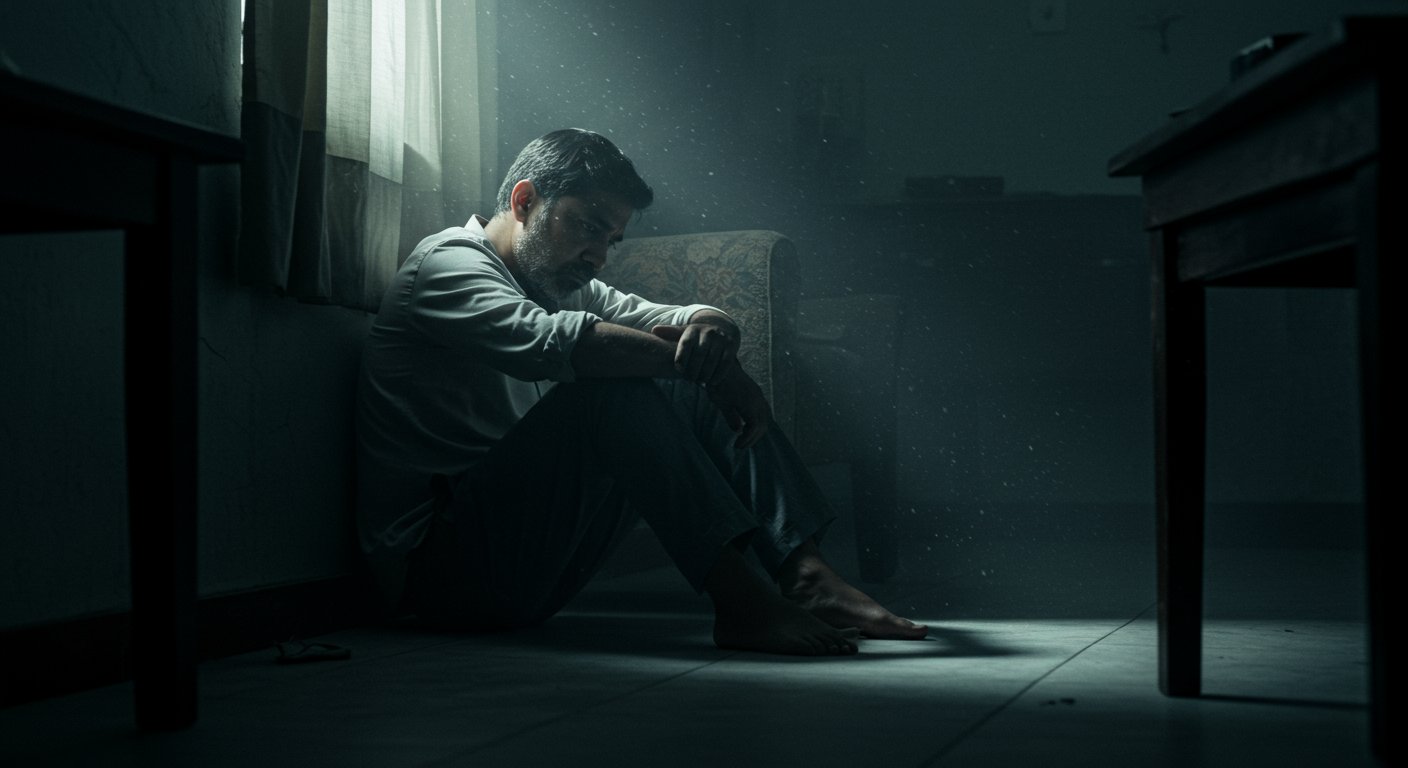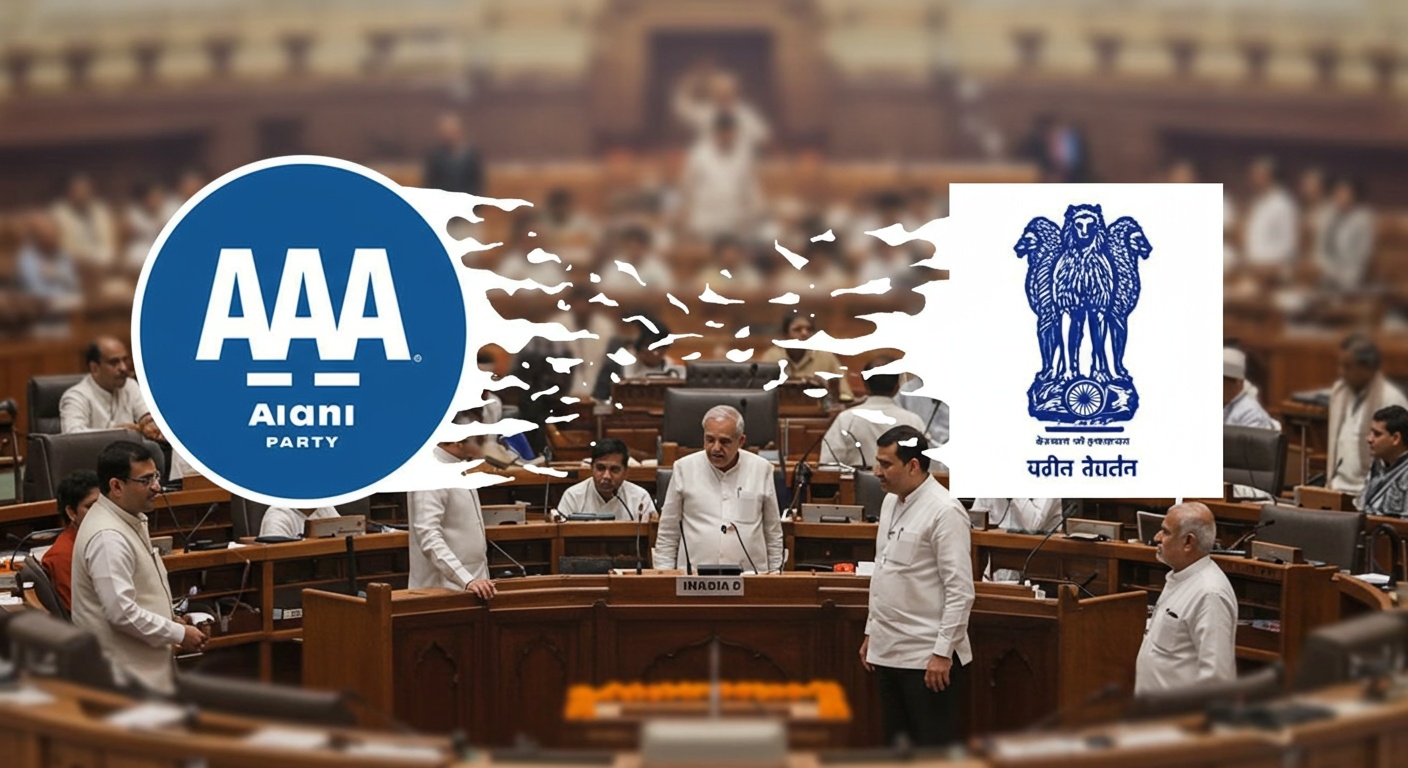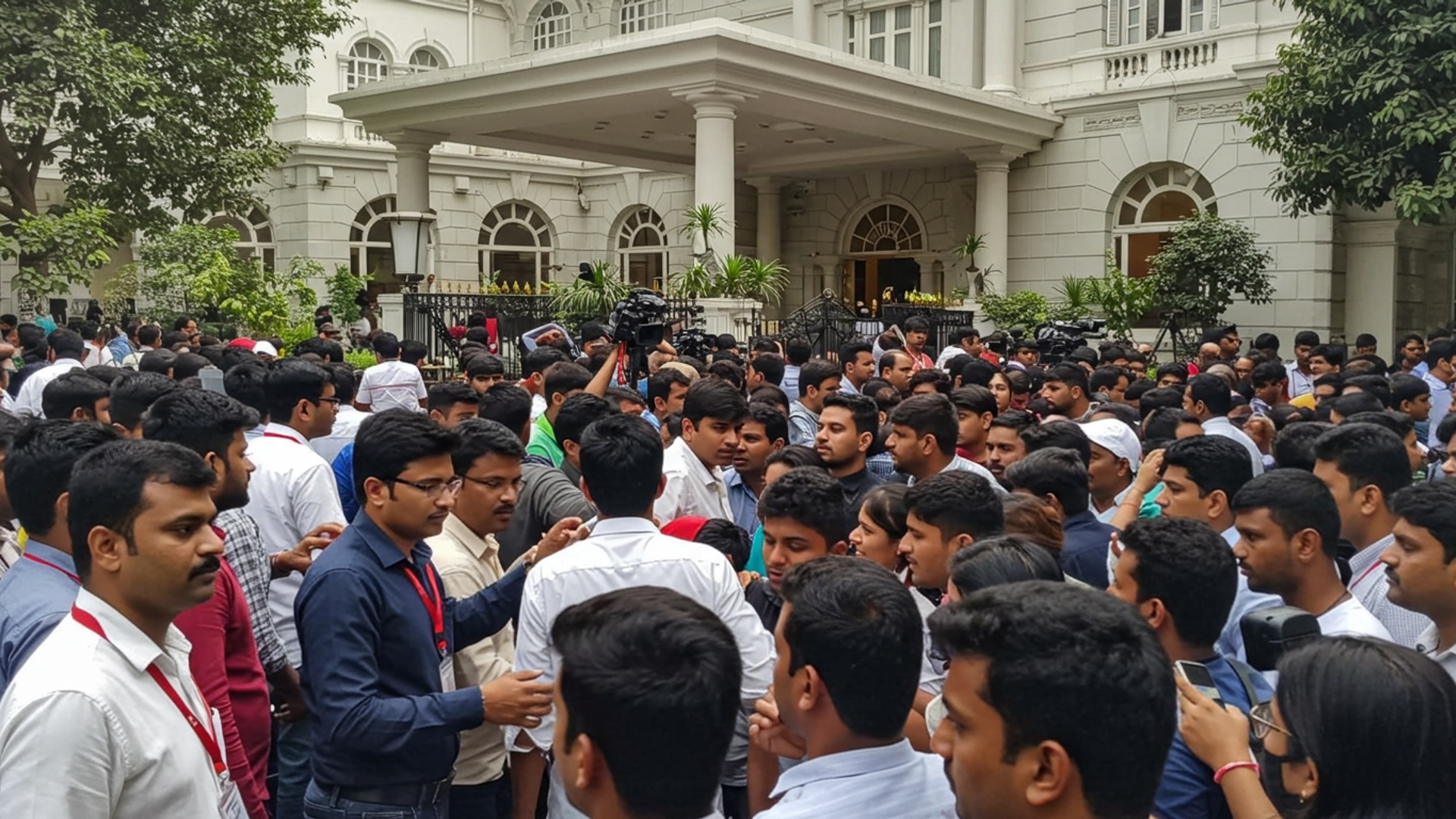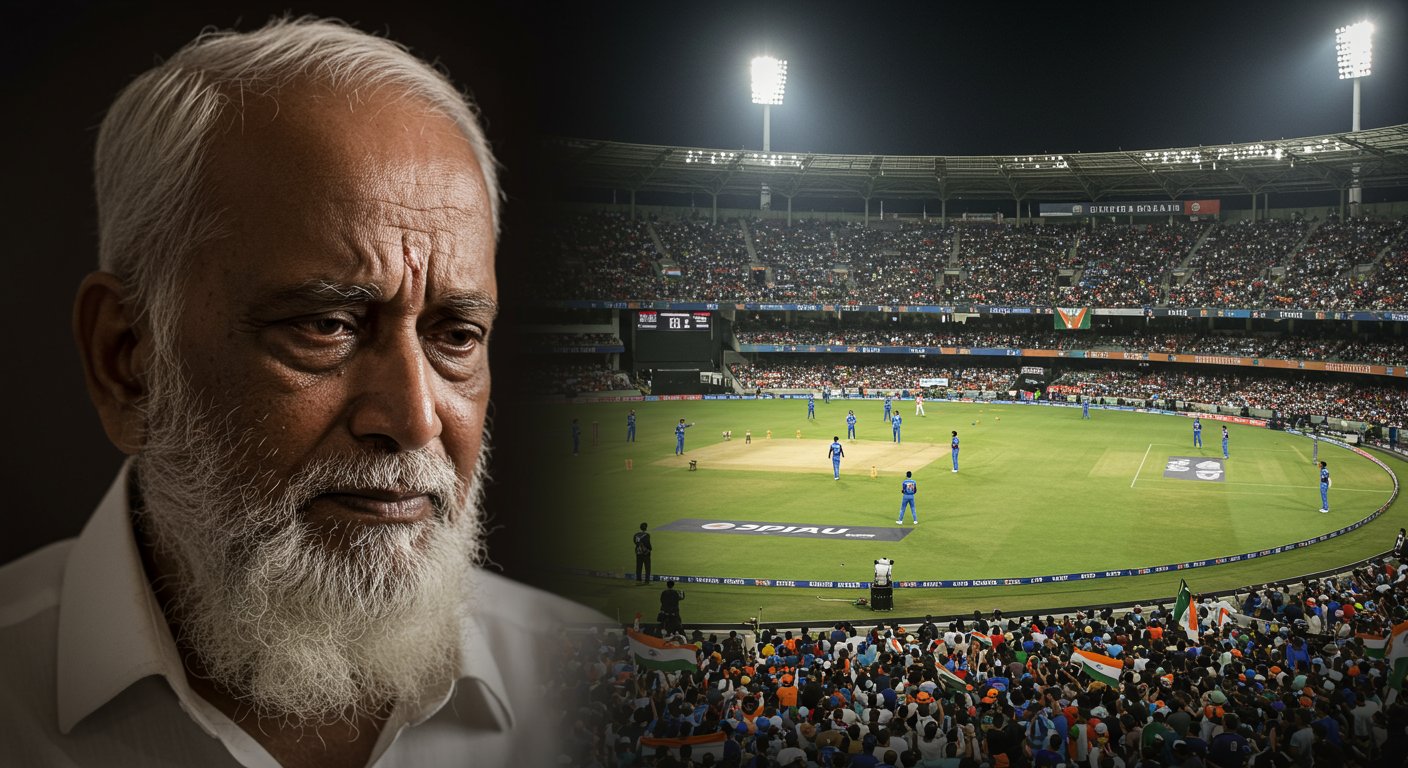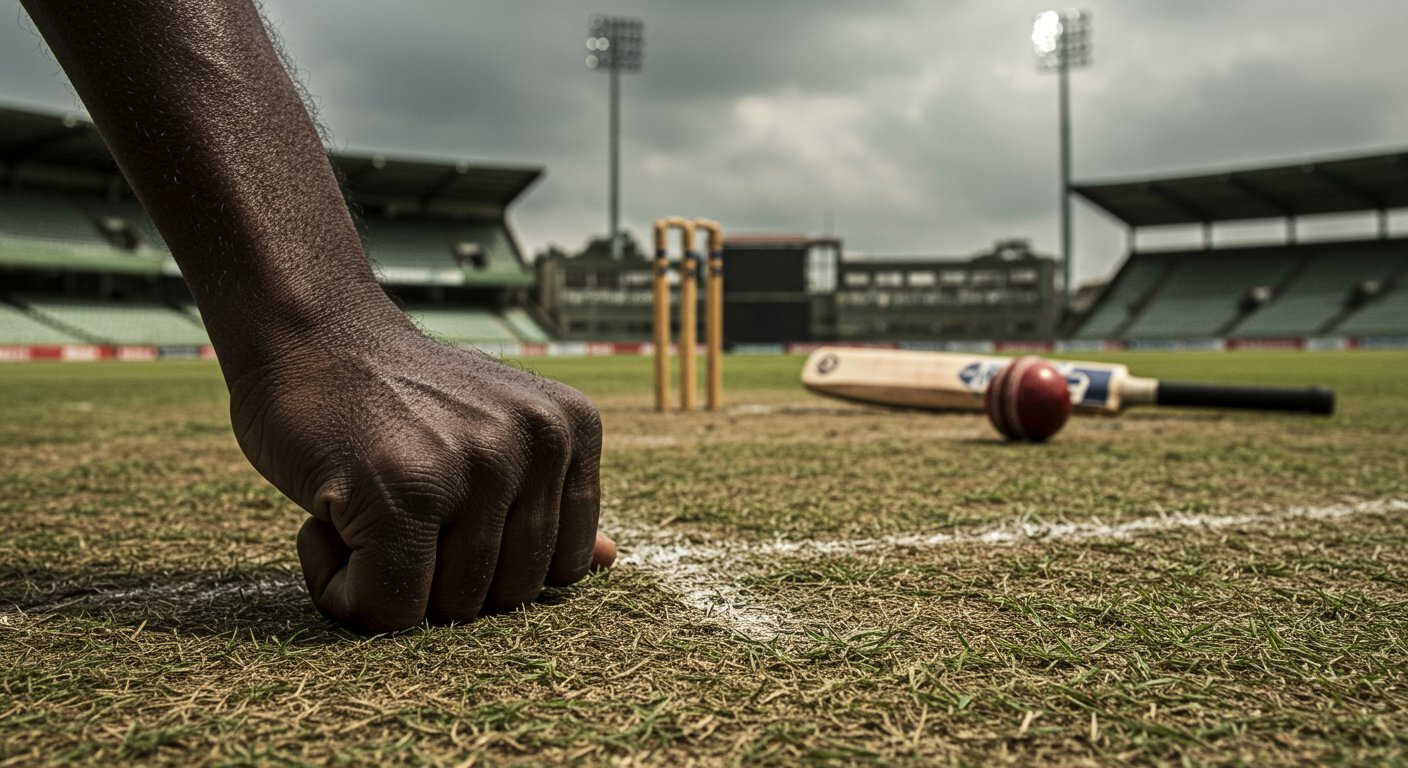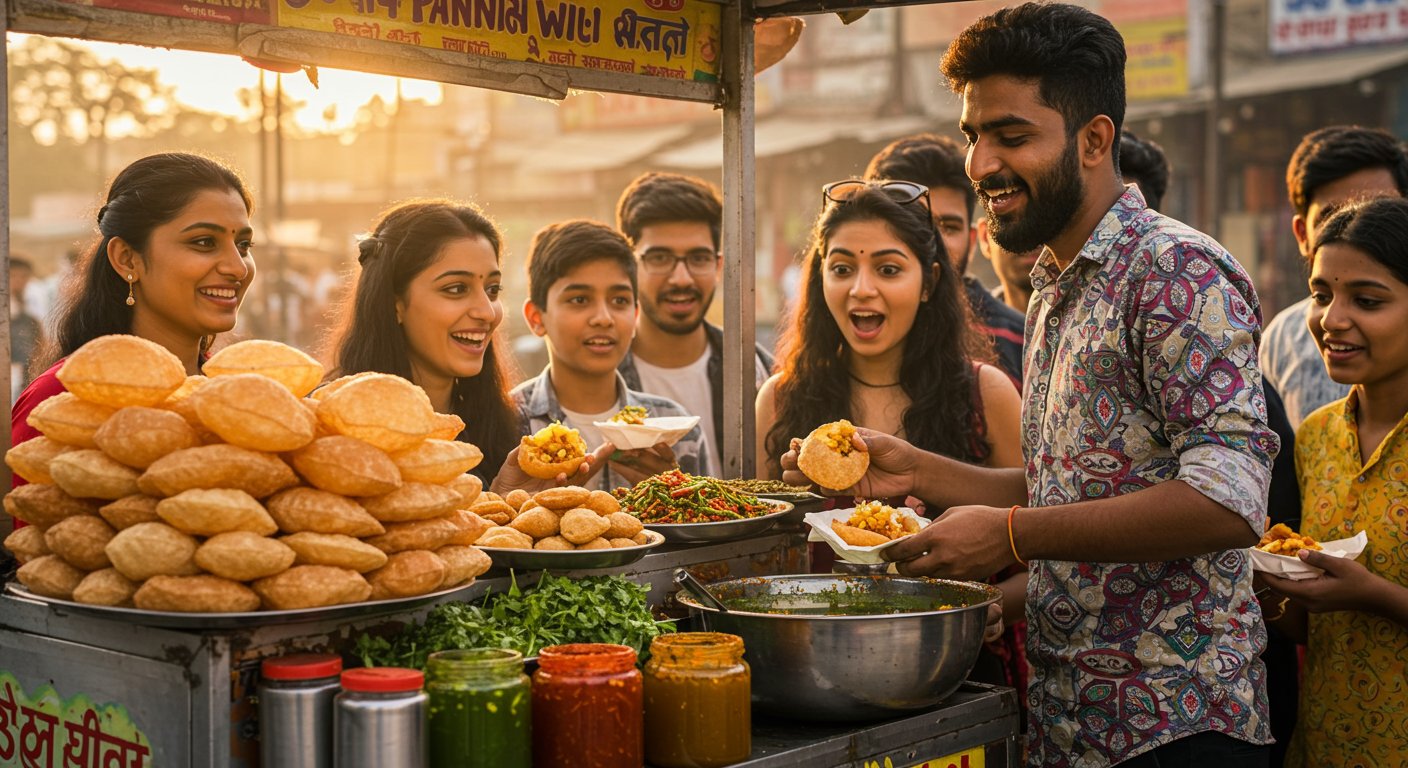The Madhya Pradesh government is increasing its work to stop people from being forced to change their religion across the state, acting on many recent complaints. This week, government workers start new public programs and strong checks to teach people about laws against changing someone’s religion by force or cheating. This quick move comes as groups worry more and more about people being made to change their faith. The state shows it will stand strong to keep people free to choose their religion and stop bad acts. The government warns of big legal steps against anyone who breaks these rules, working to keep peace and order.
Government Actions to Stop Unwanted Conversions
The Madhya Pradesh government has increased its efforts to raise public awareness against forced religious conversions. This includes launching various campaigns and introducing stricter measures to deal with such cases. A key part of these efforts is a large public awareness campaign launched on Raksha Bandhan, where women were encouraged to take oaths and sign pledges against what are described as misleading religious conversions. This drive aims to educate and mobilize women, especially against incidents often referred to as ‘love jihad,’ a term used by the ruling party to describe alleged conspiracies where men from one religion lure women from another religion into marriage for conversion. The state’s Chief Minister, Mohan Yadav, has stated the government’s strong position against such acts. He announced in March 2025 that the government is considering bringing in a law that would include the death penalty for those found guilty of forced religious conversions, which would make Madhya Pradesh’s law among the strictest in the country. This announcement was made at an event marking International Women’s Day, where the Chief Minister stressed that forced conversions would not be allowed in the state. He emphasized that the government is strict against those who harm “innocent daughters” and that such people should not be allowed to live. In addition to these campaigns and proposed legal changes, a Special Investigation Team (SIT) was formed by the Madhya Pradesh Police in May 2025. This team was created to look into claims of forced religious conversions. The police headquarters received insights that vulnerable women and girls were being targeted through tactics like romantic deception, threats, or other promises, leading to their mental, physical. social exploitation. The SIT is tasked with investigating if victims have been forced into religious conversion through fear, pressure, or trickery, considering these acts criminal and a challenge to the dignity and freedom of women.
Understanding the Law Against Forced Conversions
The state has a specific law to deal with religious conversions, known as the Madhya Pradesh Freedom of Religion Act, 2021. This Act came into force after replacing an earlier ordinance from 2020 and a 1968 law. The main goal of this law is to protect freedom of religion by stopping illegal and forceful conversions. The law prohibits converting or trying to convert someone from one religion to another using various unfair methods. These include:
- False insights or lying
- Giving gifts or other benefits, like money, employment, or promises of a better life (allurement)
- Using threats or force
- Putting unfair pressure or influence on someone
- Using trickery or fraud
- Converting someone through marriage
The Act also states that any marriage performed with the sole intention of converting a person will be considered invalid. If a woman’s marriage is declared invalid under this law, she is still entitled to receive financial support. For individuals who wish to change their religion on their own free will, the law requires them to inform the District Magistrate 60 days before the conversion. Similarly, religious leaders who plan to facilitate a conversion ceremony must also give 60 days’ notice to the District Magistrate. The penalties for breaking this law are severe. If a person converts or tries to convert another using illegal means, they can face imprisonment from one to five years and a fine of at least 25,000 rupees. The law has harsher punishments if the person being converted is a child, a woman, or belongs to a Scheduled Caste or Scheduled Tribe group. In such cases, the punishment can be two to ten years in jail with a minimum fine of 50,000 rupees. For mass conversions, where many people are converted at once, the punishment is even stricter, ranging from five to ten years in prison and a fine of up to 100,000 rupees. The law places the responsibility of proving innocence on the accused person. A police complaint against unlawful conversion can be filed by the victim themselves, their parents, siblings, or any other relative.
Challenges and Court Decisions
Despite the strictness of the law and the government’s strong stance, its enforcement has faced challenges, particularly in courts. Data from January 1, 2020, to July 15, 2025, shows that out of 283 cases registered under the law, there have been more acquittals than convictions. Specifically, 58% of the cases that reached a verdict resulted in acquittal, with only seven convictions.
| Period | Total Cases Registered | Cases Under Trial | Cases with Verdict/Investigation Complete | Acquittals | Convictions | Victims Under 18 Years |
|---|---|---|---|---|---|---|
| Jan 1, 2020 – July 15, 2025 | 283 | 197 (70%) | 86 (30%) | 50 (58% of 86) | 7 | 71 |
Police sources have pointed to a lack of strong evidence and witnesses changing their statements as main reasons for the low conviction rate. In many instances, women who initially filed complaints later told the courts that their relationships or marriages were consensual and voluntary, without any force or promises involved. There were also cases involving children where families reportedly admitted that police reports were filed due to societal pressure, only to withdraw their statements later, which weakened the prosecution’s case. A significant legal development occurred in November 2022 when the Madhya Pradesh High Court issued an interim order concerning the law. The court stated that adult citizens should not be prosecuted for violating Section 10 of the Act (which requires prior declaration for conversion) if they choose to marry willingly. The court noted that forcing a declaration on adults for voluntary marriage seems unconstitutional. This interim order was challenged by the state government in the Supreme Court. the Supreme Court refused to stop the High Court’s order and asked for a response on the appeal. The majority of cases registered under this law, 38% or 107 cases, were in Indore and Bhopal, the state’s major cities. A significant number of cases were also reported in the Malwa-Nimar region, which is known for its tribal population and sometimes faces social tensions. The government informed the state assembly in August 2025 that a state-level Special Investigation Team (SIT) was formed in May 2025 to investigate all cases registered under this law so far.
Different Views on the Law
The government’s actions and the anti-conversion law have led to different reactions from various groups. Chief Minister Mohan Yadav and his party maintain that the stricter measures are necessary to protect vulnerable individuals, especially women and girls, from exploitation and forced conversions. They see it as a way to ensure the safety and dignity of the state’s citizens. But, opposition parties and some social groups have voiced concerns. A Congress party MLA, Arif Masood, has openly criticized the government’s approach, saying it targets specific communities and might be an attempt to change the basic principles of the Constitution. Christian organizations, in particular, have expressed worry. They accuse the administration of favoring certain Hindu groups and causing problems for minority communities. These organizations suggest that the formation of the SIT could be another way for Hindu nationalist groups to target Christians and other minority religious groups using state resources. A social activist involved in cases of Christian persecution in Madhya Pradesh mentioned that while SITs are usually formed for serious criminal activities, in this context, it seems aimed at intimidating minority communities. On the other hand, Hindu groups like the Vishwa Hindu Parishad (VHP), which is connected to the ruling party’s parent organization, have actively supported the law and campaigned against what they term “illegal conversions”. They feel that the law provides a necessary tool to check such activities. Critics of anti-conversion laws in general argue that they often have unclear and broad definitions, can unfairly target minority religions. may limit an individual’s basic right to choose their own faith. They also point out that in many cases, what is labeled as “forced conversion” might actually be consensual relationships or conversions where individuals willingly change their religion. The debate continues between the state’s right to maintain public order and the individual’s freedom of religion.
